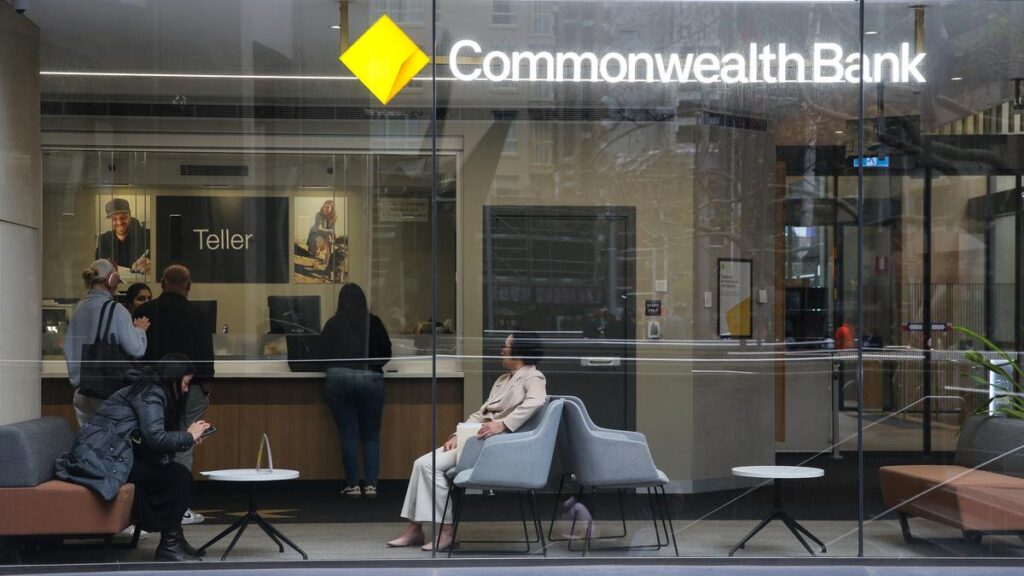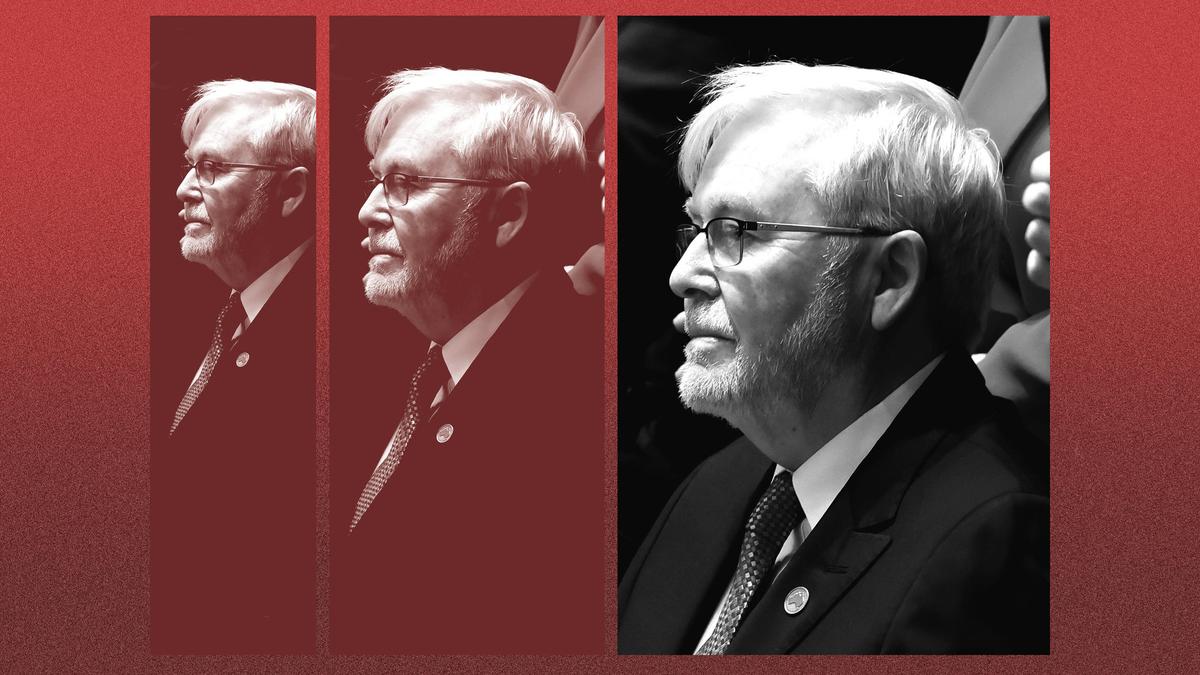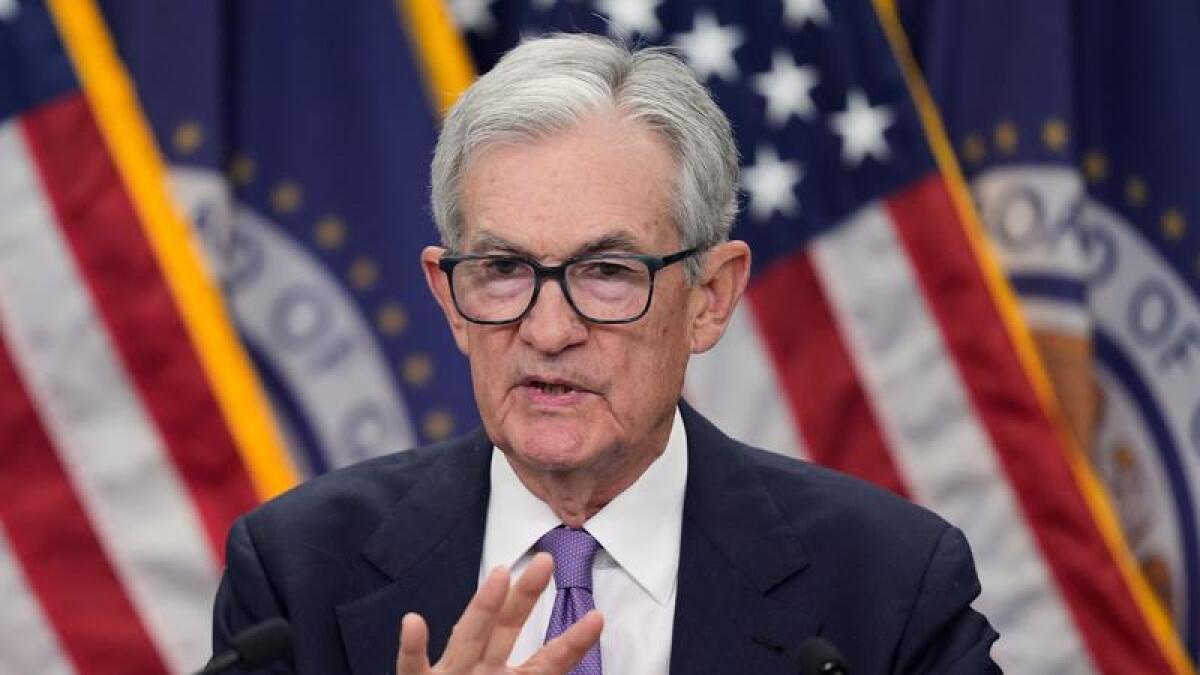
SYDNEY, AUSTRALIA - NewsWire Photos JULY 08 2025: A general view of members of the public at the Commonwealth Bank in the Sydney CBD during the lunch rush ahead of the RBA announcement on Rates today. Photo: NewsWire/ Gaye Gerard
In a recent submission to a Productivity Commission reform inquiry, the Commonwealth Bank has called for significant changes to Australia’s tax system. The nation’s largest bank stated that Australia must reduce its reliance on income tax and address what it describes as “unsustainable” government spending growth. The bank emphasized that without reform, future generations will face the financial consequences of an aging population.
The submission comes as the Australian government prepares for a summit led by Treasurer Jim Chalmers next month, focused on revitalizing the economy. Currently, taxes account for nearly 30 percent of the national economy, significantly influenced by increased company tax payments and a phenomenon known as bracket creep, where inflation elevates workers into higher tax brackets.
“It will not be sustainable for the tax receipts from a proportionately smaller workforce to pay for the level of public services Australians demand, particularly as the population ages,” the bank, valued at $299 billion, stated. The submission also warned that maintaining structural budget deficits would merely shift the fiscal burden onto future generations.
Rethinking Tax Structures
While the Commonwealth Bank stopped short of suggesting changes to the Goods and Services Tax (GST), it urged a discussion about the “appropriate levels and role” of consumption and wealth taxes. The bank did highlight concerns regarding uncapped concessions for superannuation, deeming them unsustainable in the long term.
Company tax cuts were deemed a lower priority in the bank’s submission, although the need to combat multinational tax avoidance was emphasized. Research cited in the report indicated that approximately 80 percent of household income growth over the past three decades has resulted from improved productivity, suggesting that economic efficiency is key to future growth.
The Commonwealth Bank’s views align with those from the Master Builders Association, which advocates for reducing the company tax rate for small businesses from 25 percent to 20 percent. The association argues that competitive company tax settings are vital for economic growth.
“The proposal would provide instant respite to Australian small businesses and let them focus on what they do best,” the lobby group stated. They also urged governments to take steps to keep inflation under control, noting that lackluster investment growth in Australia has led to reduced competition, higher prices, and lower living standards.
In light of these discussions, the Commonwealth Bank’s submission highlights the urgent need for a comprehensive review of Australia’s tax system to ensure sustainability and equitable financial responsibility across generations.







